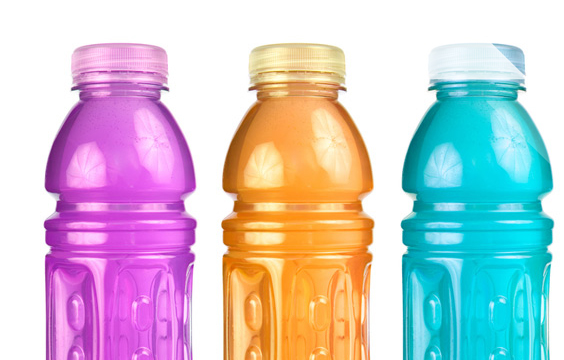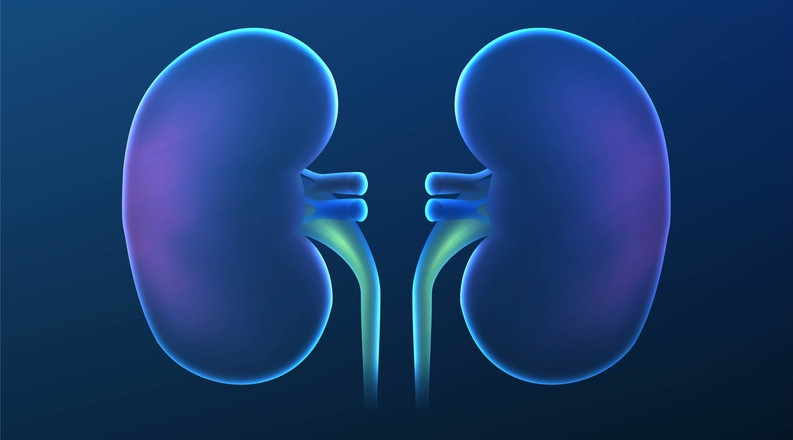Imagine yourself in front of a supermarket shelf. A variety of colorful liquids in plastic bottles, promising improved exercise performance, less fatigue and faster recovery after training. The same picture on the eshop pages, with electrolytes being among the 10 most popular categories of dietary supplements in Greece. But how far is the promise from the reality? Do the benefits in practice live up to expectations? Can we all take electrolytes safely? And if so, which formulation is right for me? Electrolytes are chemicals which, when dissolved in water, make it a conductor of electricity (water in the absence of ions has only negligible conductivity). The main electrolytes are Sodium, Potassium, Magnesium, Chlorine and Calcium. Many bodily processes that occur automatically in our body are regulated by a variety of mechanisms by electrolytes. All multicellular organisms rely on electrical balance on either side of their cell membranes. The muscular and nervous systems offer the most typical examples of the importance of electrolytes. The kidneys are the main regulator of electrolyte balance in our body. When there is an excess, the kidneys remove it by balancing electrolyte levels. This balance also depends on the action of hormones. Potential imbalances usually lean towards deficiency, when the loss of electrolytes is greater than the intake through food.
Electrolytes are chemicals which, when dissolved in water, make it a conductor of electricity (water in the absence of ions has only negligible conductivity). The main electrolytes are Sodium, Potassium, Magnesium, Chlorine and Calcium. Many bodily processes that occur automatically in our body are regulated by a variety of mechanisms by electrolytes. All multicellular organisms rely on electrical balance on either side of their cell membranes. The muscular and nervous systems offer the most typical examples of the importance of electrolytes. The kidneys are the main regulator of electrolyte balance in our body. When there is an excess, the kidneys remove it by balancing electrolyte levels. This balance also depends on the action of hormones. Potential imbalances usually lean towards deficiency, when the loss of electrolytes is greater than the intake through food.  An intense workout, through sweat, can lower the body’s electrolyte levels. Symptoms such as fever, diarrhoea and vomiting can have the same effect. Electrolyte loss and dehydration usually go hand in hand, resulting in headaches, cramps, confusion and malaise.
An intense workout, through sweat, can lower the body’s electrolyte levels. Symptoms such as fever, diarrhoea and vomiting can have the same effect. Electrolyte loss and dehydration usually go hand in hand, resulting in headaches, cramps, confusion and malaise.  For workouts lasting up to an hour, in normal weather conditions, and at low to moderate intensity, all you usually need is water. Hard or high duration workouts make the benefit of electrolyte replenishment more clear. Higher benefit is expected in people who, by nature, sweat more than others, while high temperature also increases sweating. Endurance athletes can benefit from the rapid hydration offered by a hypotonic formulation (lower concentration of solutes from the blood).Electrolyte formulations help recovery from diarrhoeal episodes, and combination formulations with probiotics are available. The advantage of the latter is the simultaneous maintenance of the electrical balance and the gut flora.The same preparations can be used to treat dehydration caused by vomiting or multi-day fever.
For workouts lasting up to an hour, in normal weather conditions, and at low to moderate intensity, all you usually need is water. Hard or high duration workouts make the benefit of electrolyte replenishment more clear. Higher benefit is expected in people who, by nature, sweat more than others, while high temperature also increases sweating. Endurance athletes can benefit from the rapid hydration offered by a hypotonic formulation (lower concentration of solutes from the blood).Electrolyte formulations help recovery from diarrhoeal episodes, and combination formulations with probiotics are available. The advantage of the latter is the simultaneous maintenance of the electrical balance and the gut flora.The same preparations can be used to treat dehydration caused by vomiting or multi-day fever.
Shopping Cart
